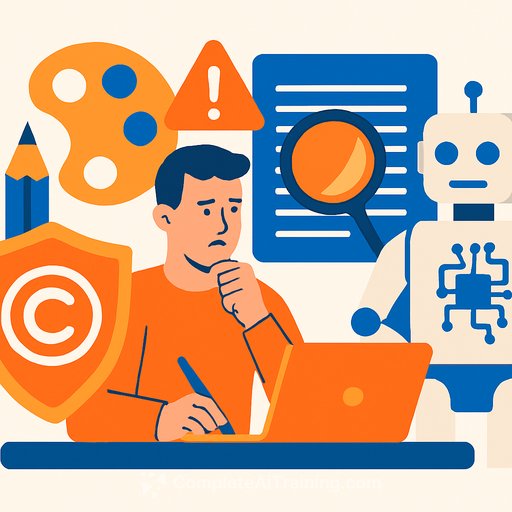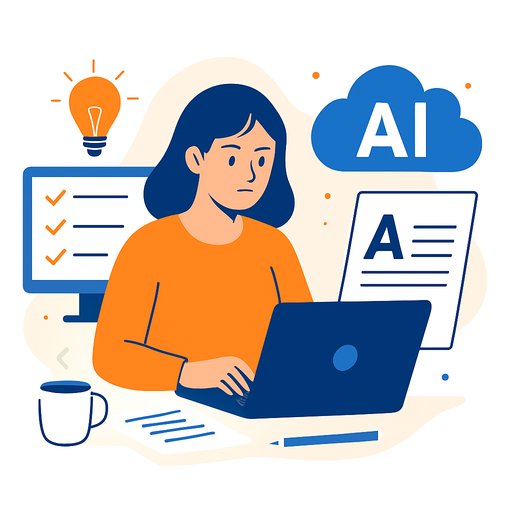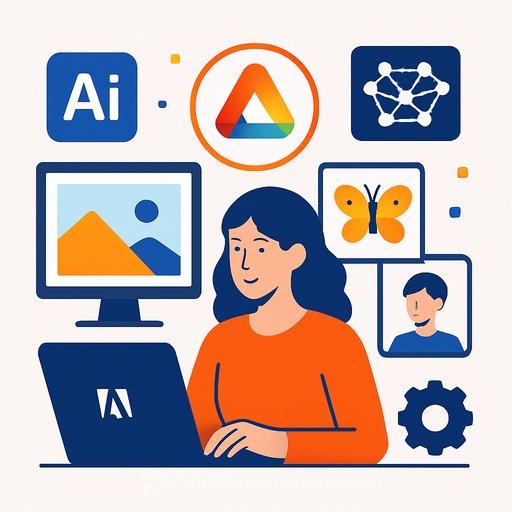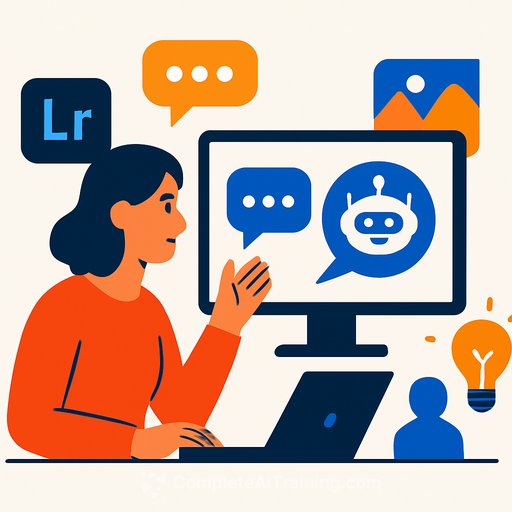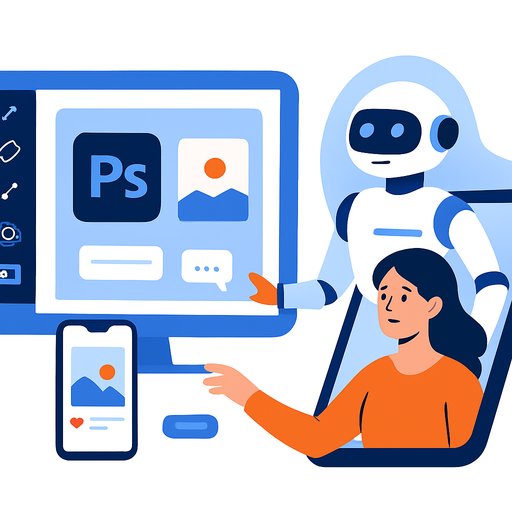UK Creative Industries Call for Transparency to Safeguard Jobs from AI Impact
Leaders across the UK’s creative sector emphasize the need for clear transparency around the use of copyrighted material in AI-generated content. This is crucial to protect jobs and incomes amid the growing presence of AI-created artwork.
In July, an AI-generated band named The Velvet Sundown gained over one million Spotify streams before revealing their music, visuals, and backstory were entirely AI-made. However, it remained unclear which existing music was used to train the AI models behind their work.
Why Transparency Matters
Jamie Njoku-Goodwin, former CEO of UK Music and special adviser at Downing Street, highlighted that current law requires licenses to use others' intellectual property for commercial AI training.
“The problem is enforcing this, as it’s difficult to know when someone’s content has been used to train AI,” he said. “Transparency is critical — we need to know when AI systems use copyrighted data and when content is AI-generated.”
Without transparency, enforcing licensing laws becomes nearly impossible, leaving creators vulnerable to unauthorized use of their work.
The Industry’s Perspective
According to the Association of Photographers, 58% of its members lost work to AI services, averaging losses of £14,400 per member. Over 90% called for greater transparency and a replacement of the current opt-out system, which they find impractical across all platforms.
Tim Flach, president of the Association, stressed that creators must retain control over their intellectual property. He advocates for a voluntary opt-in system allowing creators to decide how their works are used.
Government and Legislative Response
Baroness Kidron, a crossbench peer, proposed an amendment to the Data Bill focusing on transparency, but it was blocked in the Commons. She urged the government to clarify how copyright will be protected and how it plans to stop widespread unauthorized use of creative material.
Kidron criticized the government's approach for inserting itself between AI companies and creators instead of safeguarding copyright and allowing direct agreements between artists and businesses.
Calls for Licensing Reform
Caroline Dinenage, chair of the Culture, Media and Sport Select Committee, called reforming the licensing system “the only way forward.” She pointed out that the creative industries contribute around £136bn to the UK economy but feel sacrificed in favor of attracting US-based global tech giants.
Dinenage believes the “horse has bolted” regarding AI companies harvesting creatives’ data online. She supports licensing that applies at the point of output rather than input, since much content has already been ingested without consent.
However, Njoku-Goodwin warned against hasty licensing changes that might destabilize the current system, a view shared by Flach who agrees on the need for licensing but not necessarily at the output stage.
Government Position
A spokesperson for the Department of Science, Innovation and Technology stated that no decisions have been made yet. The government remains committed to exploring options that fairly compensate rights holders while allowing access to quality data for AI training.
Creatives concerned about AI’s impact on their work may find value in courses that explain AI tools and their ethical use. For those interested, Complete AI Training offers resources on AI applications and licensing considerations to stay informed and prepared.
What Creatives Should Watch For
- Increased calls for licensing reforms focused on transparency.
- Potential shift to licensing at the point of AI output rather than input.
- Growing industry push for voluntary opt-in systems to protect intellectual property.
- Government discussions involving both AI developers and creative professionals.
Understanding these developments can help creatives protect their work and income as AI-generated content becomes more common.
Your membership also unlocks:

